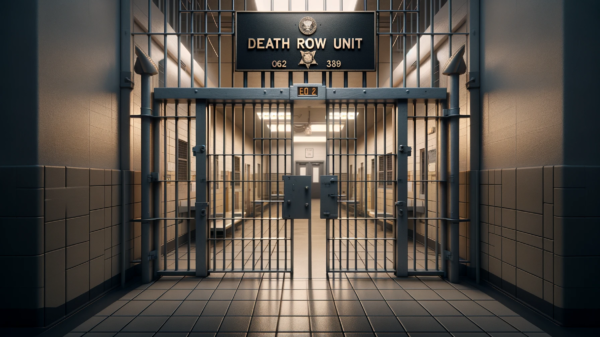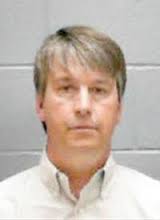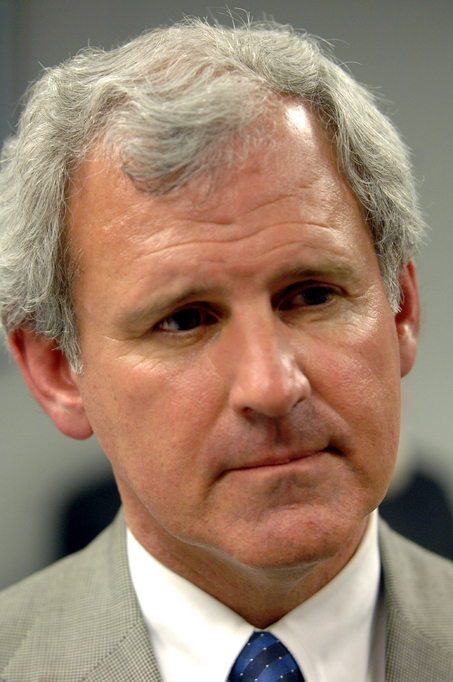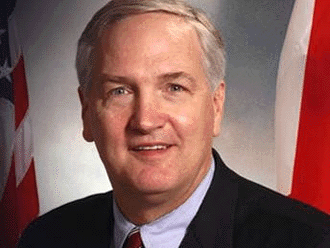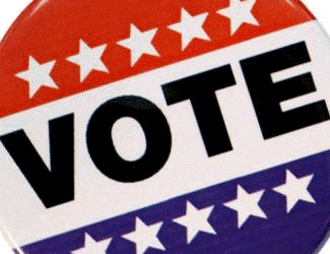By Byron Shehee
Alabama Political Reporter
OPELIKA— On day three of the trial, and what some thought would be the last day of the State’s case vs. Rep. Barry Moore. R-Enterprise, the defendant testified and closing arguments were heard.
Early in the morning, Moore took the stand in an effort to defend himself from two counts of perjury and two counts of providing false statements.
The defense, led by Derek Yarbrough (Dothan), opened by asking Moore about his relationships with Jonathan Tullos (Enterprise) and his challenger in the Republican Primary, Josh Pipkin (Enterprise). Moore responded that they were good friends prior to Pipkin indicating that he was going to enter the race.
Specific to Pipkin’s and Tullos’ involvement with the economic development project to Enterprise Electronics Corporation, Moore said that Pipkin was not involved with the project and he first remembered discussing it with Tullos at Cutts (a local restaurant in Enterprise) during a meeting with Mayor Ken Boswell (Enterprise), Billy Cotter (Enterprise), a representative from Enterprise Electronics Corporation (EEC), and Hubbard. Moore said the group felt like they would get the deal completed.
Yarbrough asked Moore how he first learned the project may go bad and he said during a phone conversation with Pipkin.
During his testimony Moore said both he and Speaker of the House Hubbard, always supported the project and it “would be completed whether Pipkin got out of the race or not.”
Specific to the indictments against Moore, the defense asked Moore if he had any knowledge of Hubbard threatening to withhold any financial support from Moore’s district if his challenger, Pipkin, did not get out of the Republican Primary.
Moore’s response was a definitive, “No, sir.”
The defense continued by asking Moore what happened after his testimony was complete. The defendant said he was asked to wait until the prosecution had a chance to speak with him. Moore said after the Grand Jury was dismissed Matt Hart called him into “a small room,” pulled up his chair next to Moore’s and asked him, “is your political career worth this?”
Yarbrough said that he believed the State was trying to intimidate Moore, even condescendingly saying, “he got you didn’t he?”
Mr. Moore was not quite as definitive in his answers during cross-examination.
Hart seemed poised and prepared when he began questioning Moore.
The prosecution asked Moore if he ever attended any education classes on the ethics law for public officials.
Moore responded, “yes, sir. I think we went to a one day class or something.”
Hart then asked a couple of questions which quickly caught a couple of objections from the defense.
The State was about to move on to what might have been a more pertinent question, but before doing so Hart asked Moore if the room they had their discussion in was a really “a small room.”
Moore quipped with an honest, “it felt mighty small that day.” The room was actually the Lee County District Attorney’s office which Hart said was 16 by 20.
Hart then inquired about Moore being intimidated during their discussion. Moore replied, “I was intimidated because you played something I didn’t remember saying.”
The prosecution then got Moore to admit that some of his statement was not true.
During his Grand Jury testimony Moore said he never agreed to convey a message to Hubbard that Pipkin would get out of the race if the economic development project was completed.
However, a phone call between Moore and Pipkin indicated otherwise. Moore said, “OK, I’ll tell him if we get these jobs, you’re going to get out.”
Moore acknowledged the difference in his comments and said that he “just didn’t remember saying them.”
Hart tried to point out how unique it must have been for Moore to have a conversation with his opponent about getting out of the race without being able to remember it.
One might think that you’d remembered the conversation where you nearly talked your opponent out of running.
He even pointed out how odd it was that Moore could remember the details to the lunch meeting with Tullos, Cotter, EEC, Boswell, and Hubbard.
Hart then turned his attention to asking Moore about Pipkin.
During a conversation between Moore and Pipkin, Pipkin asked if the community would really lose the jobs if he stayed in the race. Moore responded, that he was having a meeting with Hubbard but there was a lot at stake for the community.
Moore said he first heard about it from Pipkin but according to phone conversations it was actually brought up during a discussion between Tullos and Moore, not Pipkin and Moore.
Referencing the meeting where EEC, Tullos, Cotter, Boswell, and Hubbard were in attendance, Hart asked Moore why they were all there. He responded that EEC was there because it was their business that would have benefited for an incentive package, Tullos was there because of his position, Cotter was there because he sits on the board of Wiregrass Economic Development Corporation.
Moore was having a difficult finding the appropriate way to describe why Hubbard was in attendance so Hart offered the option of, “because he’s Speaker of the House.”
Moore replied, that’s a good answer. Hubbard was there as a legislator.
Hart then asked Moore if he knew Hubbard was receiving money from his relationship with EEC and he said that he did not.
The State tried to inquire about the relationship between any contributions from PACs and Moore paying for his defense team, but the defense objected due to potentially causing prejudice from the jurors. The question was denied.
Hart asked Moore if he remembered Pipkin saying he would get out of the race during the Grand Jury testimony and Moore said that he only remembered certain parts of the conversation.
Moore seemed to be flustered by that point told the prosecution that he told Pipkin numerous times that he was for the deal.
Moore closed by saying the last thing he remembered saying was that he’d pray for Pipkin and asked that he do the same for him.
During closing, the State reminded the jury what is important when determining innocence from the charges and what is not.
Hart reminded the jury that the Hubbard and Moore’s support of the project was not important, only that there were threats about killing the economic development package conveyed.
Pipkin’s running for office was irrelevant.
The relationship between Tullos and Pipkin was not important.
It was especially not important that Moore was not told that recording existed before giving his Grand Jury testimony. As Hart pointed out, “grand juries are for trying to determine truthfulness” so their effectiveness might be impeded if they are required to share evidence before questioning.
The facts of the case were the only things important and the facts show that Moore provided false statements and perjured himself.
The defense’s closing statement would be led by Yarbrough and followed by Bill Baxley (Birmingham).
Yarbrough began his closing by telling the jury that it was their duty to come back with a not guilty verdict if there was a reasonable doubt. He went on to say the State had to satisfy all burdens of proof, which he seemed to think the State did not because they never proved that Moore knowingly lied.
When Baxley began he began by reminding the jury how important it is to have fair and impartial jurors. He said he believed they are and “we need fair and impartial jurors and we’ll be okay.” asked that they go back into deliberations with the understanding that Moore is innocent until the State satisfied all the necessary burdens.
Baxley also said the defense was “thankful.” They were thankful for the tapes because they showed that no crimes were committed.
He went on to call every phone call between Pipkin and Tullos from June 2013 reasonable doubt as well as every offer Tullos made to help Moore with his campaign.
He closed by calling Pipkin’s action a plot and that there was a flaw in it – Moore didn’t say or do anything wrong.
Van Davis had last word for the State’s case with a redirect to the defense’s closing.
Davis was to the point in his comments. He said this case is about someone who took an oath and lied and a legal team that is desperately trying to fog up the facts of the case.
Davis said, “the tapes don’t lie and the facts speak for themselves.”
Davis closed by saying Moore has been “protecting himself and protecting Speaker Hubbard.”
After Davis closed, the Judge read the jury their charges and the applicable case law.
The jury was sent into deliberations around 3:20 pm.
During the jury’s discussion there was some uncertainty concerning the burdens of proof for convicting someone of providing false statements and Judge Walker had to re-instruct them. The burdens for perjury were not needed by the jury.
The jury had not reached a verdict by the end of the day and would be reconvened at 9:00 am Thursday morning.













